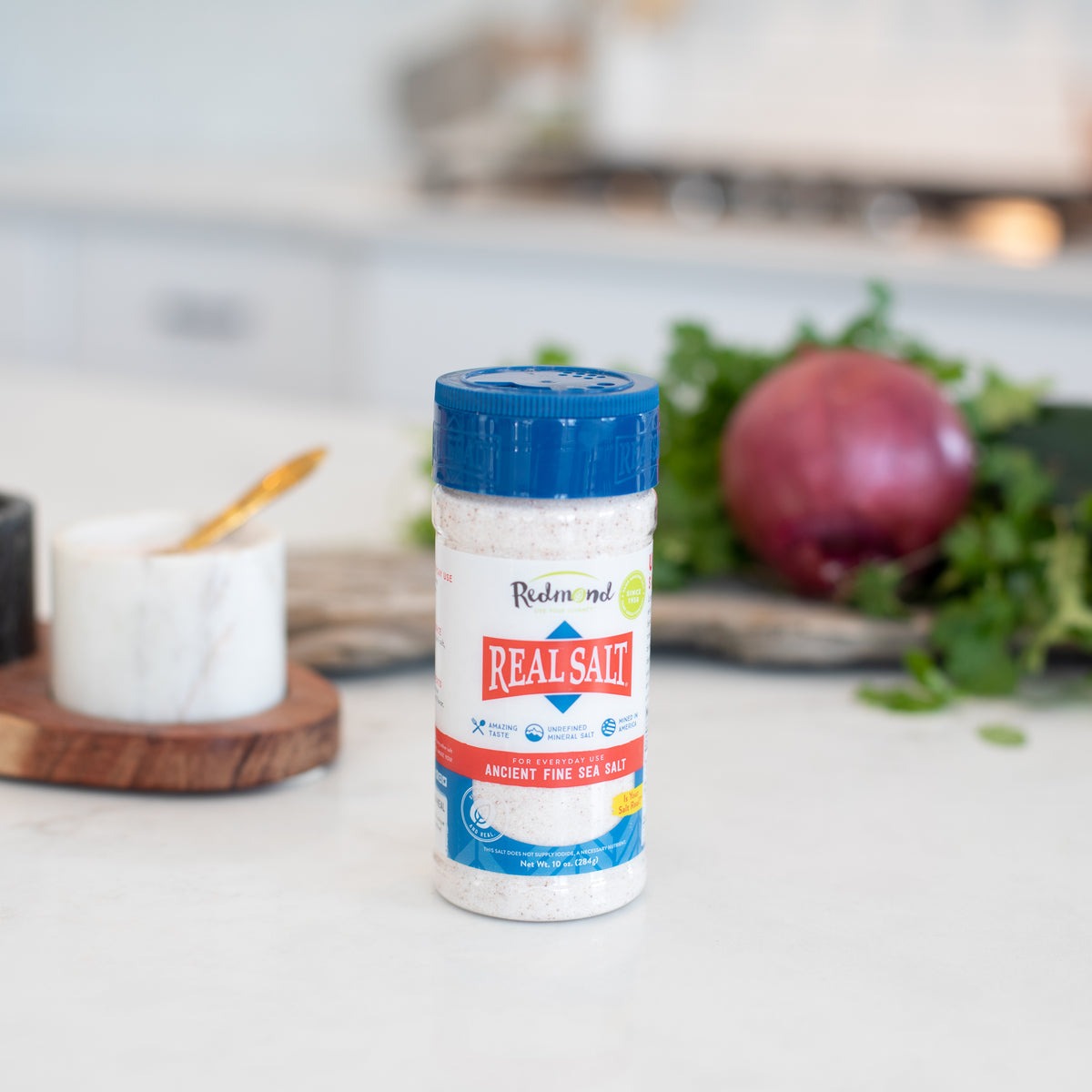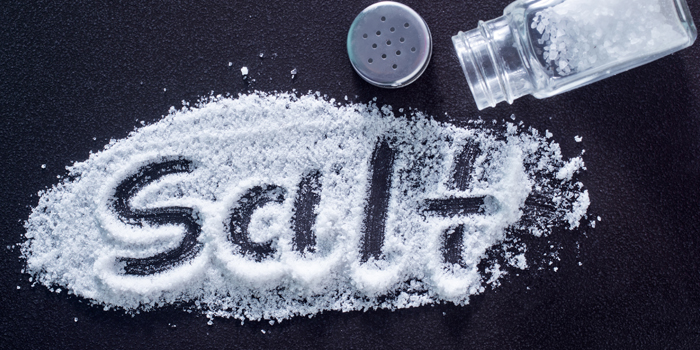DixieWrecked
Well-Known Member
You could double your potassiumThis year
Potassium - 5187.9mg - 153%
Sodium - 4733.5mg - 316%
You could double your potassiumThis year
Potassium - 5187.9mg - 153%
Sodium - 4733.5mg - 316%
Yes, if I understand the studies and the book correctly, a lot of the book talks about how the body regulates sodium, and it has a lot of mechanisms for doing so. The body can conserve sodium, however the longer and the more it has to do so the more the conservation mechanisms create serious problems of their own. And like water and protein for example, the body can conserve sodium but it can't make it. I am now fairly confident that back in the 90's when I thought salt should be minimized, I was putting myself at fairly major risk playing basketball outside in the heat, to cite just one activity. Thankfully I ate a lot of pasta at the time which likely gave me enough to scrape by, but I wish I had known I was taking a severe and totally unnecessary risk.

How the body regulates salt levels
A series of experiments with men in a space flight program and mice overturns long-held beliefs about thirst and reveals how the body controls its salt and water balance.www.nih.gov
The only problem is I take Telmisartan which increases blood potassium levels. Last checked my serum potassium levels were 4.2 (3.5-5.2).You could double your potassium



Watched a video months ago on YT which featured the author, James Nicolantonio, PhD. Don't recall if he's a physiologist or biochemist, but a real scientist involved in research. I've always had a high salt intake since my teens(73, now). I also have a history of mild adrenal dysfunction.I just finished reading the book The Salt Fix, and it addresses many topics which have come up in various threads here so I am posting some highlights, along with a few other items not covered in the book. The book has been out about ten years and I have heard many podcasts with the author, but the book covers many interesting details I don’t remember from any of the podcasts. So for those who like to read, I strongly recommend it, not only because of the useful information it contains, but because it is an ongoing example of how bad information is perpetuated to this day despite many lines of evidence and logic strongly suggesting that minimizing salt/sodium is terrible advice.
To summarize the book’s message in one sentence, the body can easily deal with too much salt in all but very rare extremes, however too little salt is surprisingly easy to achieve (especially for people who sweat a lot as most of us here between sauna and activity are likely doing, or who take drugs that have the side-effect of lowering sodium) and creates many non-intuitive forms of damage that the body cannot overcome without salt. (I am using salt and sodium interchangeably here, although technically sodium is a subset of salt.) A few highlights from the book include:
The book is extensively referenced, and while I don’t have the knowledge to personally validate everything in it, the author cites numerous examples that back up the logic of his arguments, such as non-industrialized tribes with very low salt intake who also have very low fertility, to cite just one example. My only quibble with the book is that the author spends a lot of time making the case that sugar is causing much of the harm that salt has been blamed for, however more recently it has become clearer that excess intake of omega-6 fats is likely just as big a factor as sugar, however that doesn’t change the basic message of the book.
- Low Salt intake can lower libido and fertility, so those looking for things to raise either should err on the higher side of salt intake. This seems to be a very under-publicized issue given all the threads here and elsewhere looking for libido-boosting methods.
- Low potassium intake is far more likely to cause high blood pressure than high salt, and potassium should be one of the first things to look at to optimize blood pressure
- Low salt will raise heart rate and blood viscosity (both of which are harmful) to a degree that outweighs any benefit from a minor lowering of blood pressure, if it were to occur.
- Low salt can actually raise blood pressure in some cases and the negative of low salt extends to many body systems that have nothing to do with blood pressure
- There are commonly used drugs that can lower the amount of sodium in the body which would make avoiding salt even more dangerous.
While not mentioned in the book, a couple of items to be aware of:
Personally, since I raised my salt intake (especially in my pre-workout concoction) I have seen no rise in my blood pressure and if anything it has dropped a bit although that could be just random variation.
- People with large upper arms may often need a larger-than-standard cuff to get an accurate reading, and the standard cuffs may tend to read too high.
- Blood pressure readings can vary a lot so numerous readings under varying circumstances are necessary to start to get an accurate picture
- Blood pressure can tend to be higher in cold conditions
- If you are someone who doesn’t sweat very much in situations where you should like a sauna or working outdoors in the heat, this can be a sign that your body is low on something (like Iodine) that normally would be lost in sweat but which your body is trying to conserve. Sweat is also a key part of the body’s detox system and not something that you want to minimize.
This year
Potassium - 5187.9mg - 153%
Sodium - 4733.5mg - 316%
Nice work
This Doctor is a JA .. I wouldn’t listen to him lol …I've noticed my wellbeing is much better with a huge bump in potassium. Dr. Berg has a ton of videos on it. Not saying he is the messiah of all health but I do like his videos on this topic. I drink low sodium V8 because it provides almost a gram of pottasium in just one cup. My muscles are fuller, i look leaner, and my mind is sharper when I get plenty of the main electrolytes, sodium, potassium, and magnesium.
